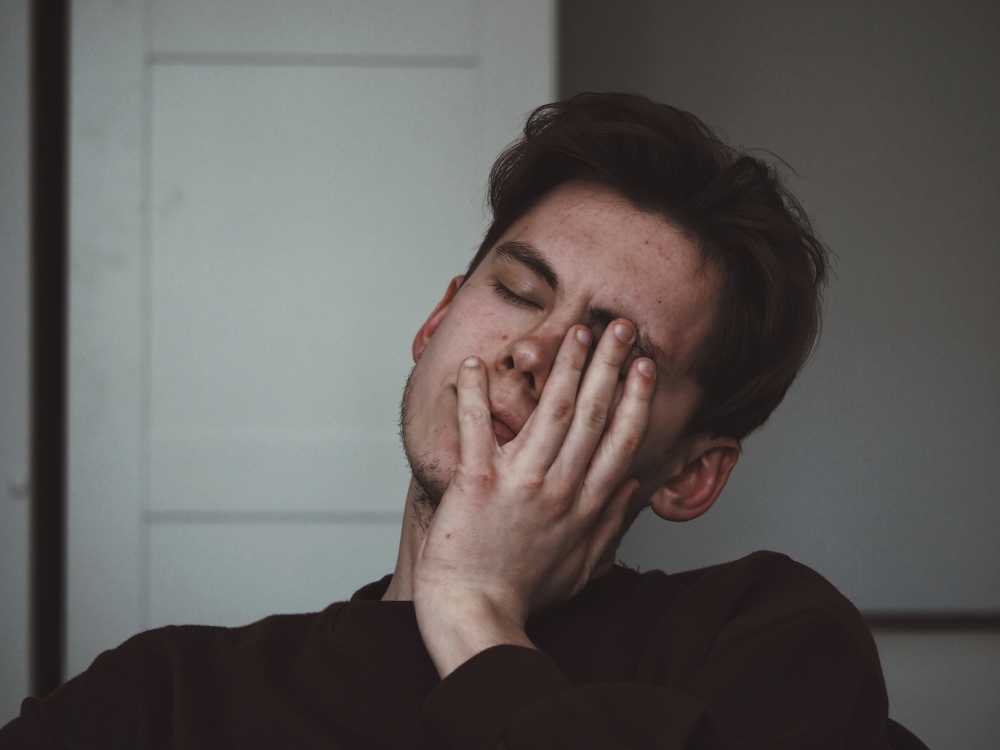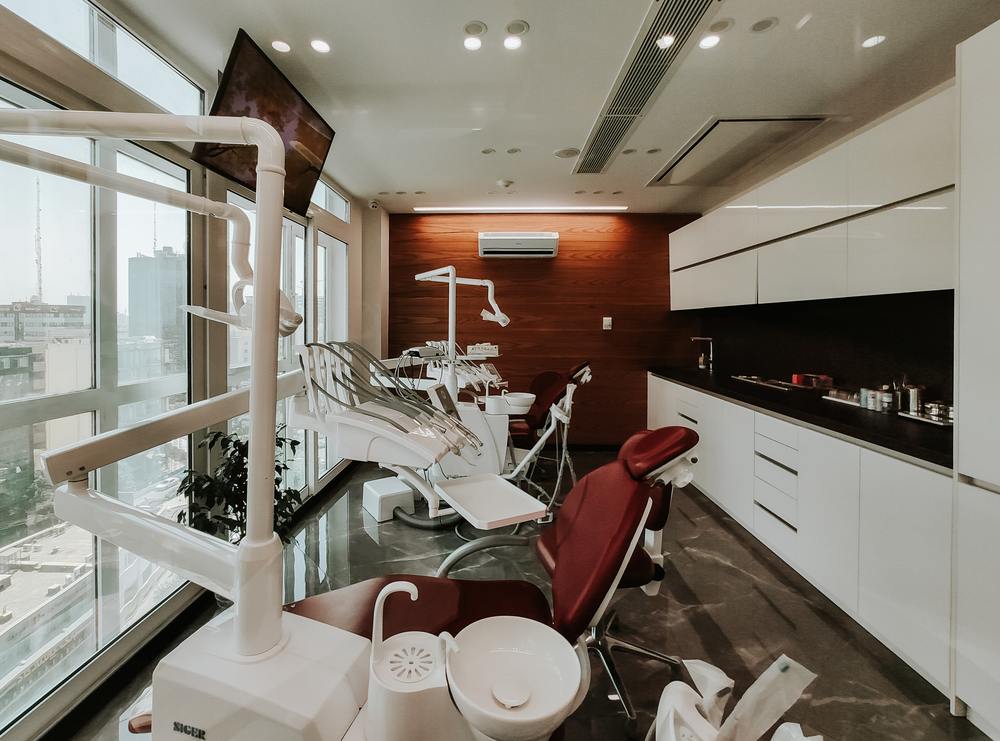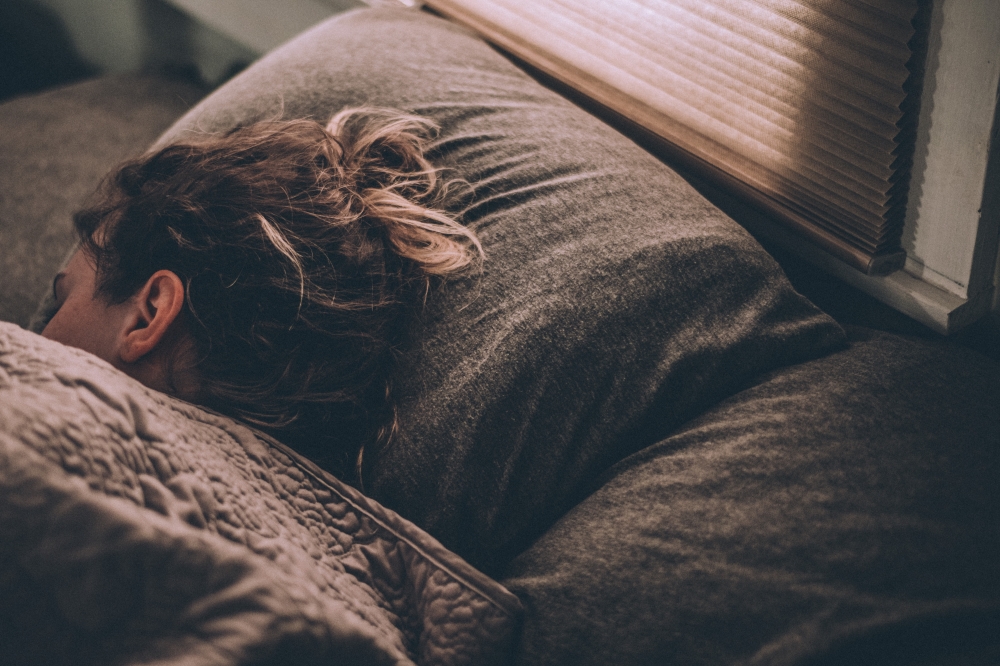
What’s Causing My Jaw Pain: 5 Potential Underlying Causes of Jaw Pain
December 11, 2020
How to Select Top Dentists in Charlotte NC – Our Guide
December 25, 2020The medical term for grinding your teeth is bruxism. Bruxism is a problem that can cause sore muscles in the jaw or face, headaches, and the wearing down of teeth. If it remains unaddressed, you will need dental treatment eventually.
The problem with bruxism is that people don’t often know that they’re suffering from it, especially since people can grind their teeth in their sleep. If you notice that you have been experiencing these symptoms, it might be time to get a mouth guard. Below are some tips for sleeping with a mouth guard.
Top Tips For Sleeping With a Mouth Guard
Mouth guards for grinding are not the same as those worn for protecting your teeth and lips when playing contact sports. Dental mouth guards are explicitly designed for patients with a variety of conditions—bruxism included. To that end, we have created this guide on tips for sleeping with mouth guard, covering the different kinds you can get and the tricks you should know to make yours more comfortable and effective.
What are the different types?
There are three different types of mouth guards on the market, made of different materials and designed for various purposes.
- Stock mouth protectors
These are the most inexpensive type of mouth guard and are found in many drug stores and sporting goods stores. These might do in a pinch if no other option is available. The problem, however, is that their sizes are general and not customized to your mouth. They don’t offer the perfect fit necessary to treat bruxism and should only serve as a temporary solution until better options are available.
- Boil and bite mouth guards
These are also generally available at most drug and grocery stores. Because they are made from thermoplastic material, they are preferred over stock mouth protectors. As the name suggests, they can be boiled to soften the material. After the material has been softened, you can bite down on them and change their shape to fit your mouth.
- The custom-fitted mouth guard
On this list, this is the most recommended by dental professionals. They are made by a specialist who will take an impression of your teeth. The guard will be molded over this impression using a special material. This may be the most expensive on the list, but it offers plenty of comfort and protection.
What should I expect?
Like any long-term dental treatment, it is important to expect an adjustment period that is likely to be uncomfortable and mildly to moderately inconvenient. However, it is essential to trust in the process, as you will eventually get used to it. If you know what to expect, you’ll know what to prepare for.
One thing you have to account for is the excess drooling and salivation in your sleep. This is a side-effect of keeping something in the mouth, which automatically activates the body’s instinct to produce saliva. On average, the body takes about two weeks to adjust to this phenomenon.
Other than a bad taste in the mouth, you may also wake up with your mouth feeling dry. This is because there is a greater exchange of air within the mouth and throat. This is also known to go away in as little as two weeks.
If your mouth guard is a perfect fit, it should feel a little too tight. This means that your teeth, jaw, and mouth are secure and free from moving about in your sleep. Not only could you prevent bruxism-related damage to your teeth, but you might also find reduction in snoring. We hope you find these tips for sleeping with a mouth guard helpful.
Final thoughts
If you’re looking for dental treatment in Charlotte for the effects of bruxism, send us a message at Southview Dentistry. We’ve served Charlotte residents for twelve years, and we offer a full range of services with the latest technology.




